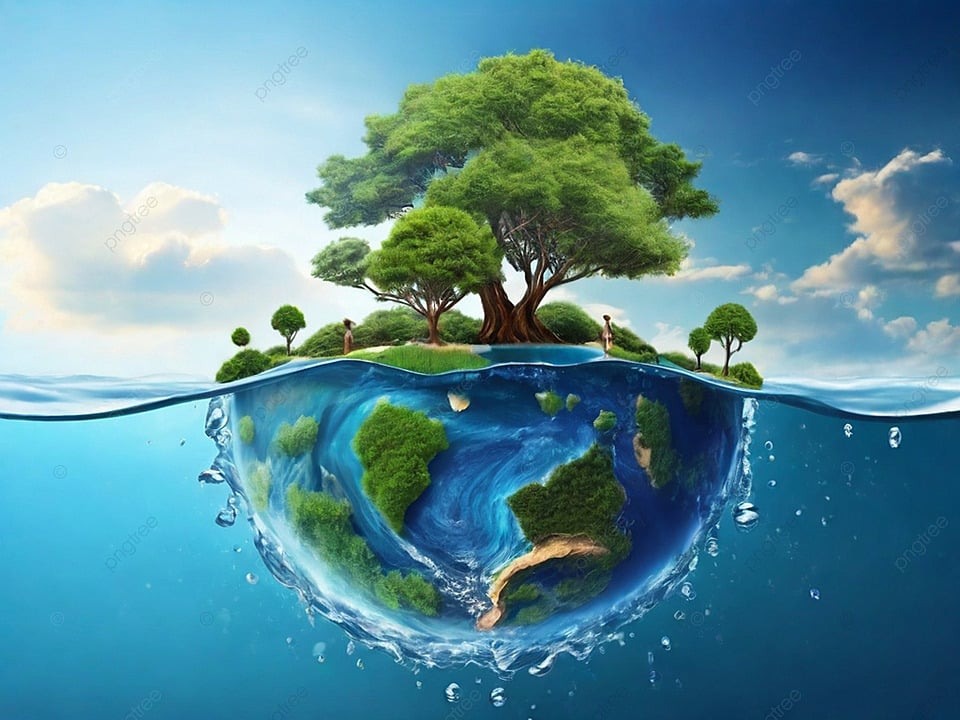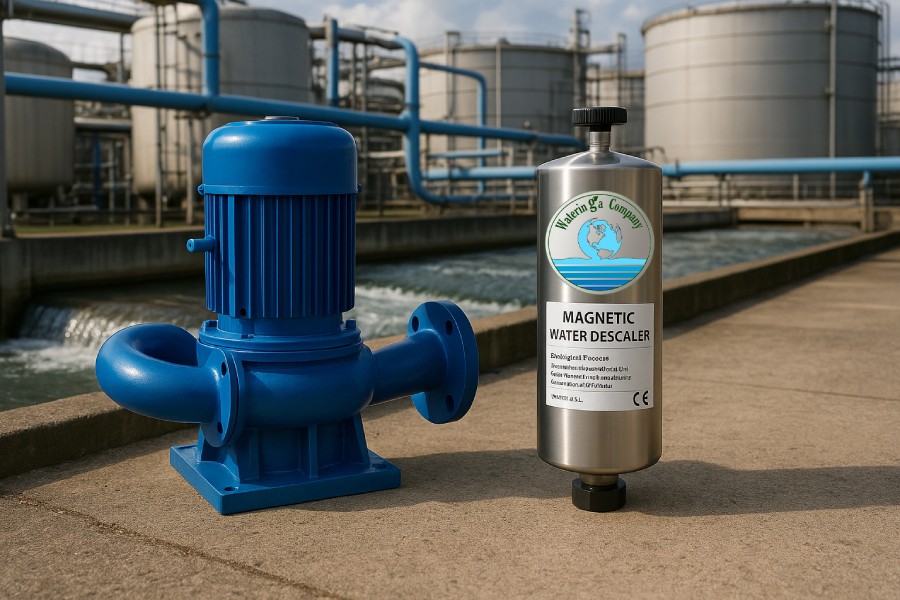Water descaling systems are essential in maintaining the cleanliness and hygiene of various industrial and commercial settings. These systems are designed to remove mineral deposits, known as scales, from surfaces and equipment, preventing clogging and damage. There are three main types of water descaling systems: mechanical, chemical, and biological. Each type has its advantages and disadvantages, and the choice of system depends on the specific application and requirements.
Mechanical Water Descaling Systems
Mechanical water descaling systems use physical forces to remove scales from surfaces. These systems typically involve the use of brushes, scrubbers, or other attachments that are designed to scrape and abrade the surface of the equipment or structure. Mechanical systems are relatively simple and inexpensive to install, making them a popular choice for small-scale applications. However, they can be less effective at removing larger scales and may require frequent cleaning.
Types of Mechanical water descaling
Wateringa
- In many areas and villages, there’s no electricity and no drinkable water.
- Water sediment will bring many problems to water-transferring systems.
- The cultivation of seeds with Dormancy will wastewater, time, and energy in the process of planting seeds
Though installing our device, the above essential problems can be solved perfectly.
WHAT IS OUR PRODUCT?
Water Descaling Machines. In general, this device can quickly produce electricity from the water flow in the pipe; because it magnetizes water and improves its physical properties, primarily by reducing the surface tension, increasing the water solubility, and the potential of dormant seeds. When this device decreases dormant seeds, it needs more water compared to a usual plant source. In addition, many areas far from the national power grid and do not have access to it can also provide the electricity they need independently, besides high-quality water.
Why should customers buy our product?
- Without any chemical products:
Our machines won’t add any chemical products Because of using electromagnetic waves in the Descaling procedure. Therefore, they are Eco-friendly. Our method is a complete physical reaction. By concerning the electromagnetic waves, our products can work without any electricity pills and filters. They don’t need any service with a very high lifetime.
- Reduce cost of services:
Water Descaling Machines do not use electricity from the city, so they are economical. Our machines do not use chemical products. That’s why they don’t need any service after installation.
Advantages of Mechanical Water Descaling Systems:
Simple and Inexpensive to Install:
Mechanical water descaling systems are relatively simple to install and require minimal equipment and training. They are also less expensive to purchase and maintain than other types of water descaling systems.
Wide Range of Surfaces:
Mechanical water descaling systems can be used on a wide range of surfaces, including concrete, metal, and plastic. They are suitable for use in a variety of industries, including manufacturing, construction, and agriculture.
Effective at Removing Smaller Scales:
Mechanical water descaling systems are particularly effective at removing smaller scales, which can help to prevent clogging and damage to equipment and structures. They are also useful for removing scales from surfaces that are difficult to clean using other methods.
Low Maintenance:
Mechanical water descaling systems require little maintenance once they are installed. They do not require regular cleaning or replacement of parts, which can save time and money.
Versatile:
Mechanical water descaling systems can be used in a variety of applications, including industrial, commercial, and residential settings. They are suitable for use in areas where water is abundant and clean, and where the risk of scale buildup is high.
Environmentally Friendly:
Mechanical water descaling systems are environmentally friendly as they do not use harsh chemicals or energy-intensive processes. They are a sustainable solution for removing scales from surfaces.
Cost-Effective:
Mechanical water descaling systems are cost-effective in the long run as they can help prevent costly repairs and maintenance. They can also help to reduce the overall cost of operations by reducing the need for frequent cleaning and maintenance.
In summary, mechanical water descaling systems offer a range of advantages, including simplicity, versatility, effectiveness, low maintenance, and cost-effectiveness. They are a reliable and cost-efficient solution for removing scales from surfaces and are suitable for use in a variety of industries and applications.
|Applications of Mechanical Water Descaling Systems:
Mechanical water descaling systems have a wide range of applications across various industries. Some of the key applications include:
Industrial Processes:
Mechanical water descaling systems are widely used in industrial processes to remove scales from machinery, pipelines, and other equipment. This helps to prevent corrosion, improve efficiency, and increase productivity.
Construction:
Mechanical water descaling systems are used in construction projects to remove scales from building facades, windows, and other surfaces. This helps to prevent water damage and improve the overall appearance of buildings.
Agriculture:
Mechanical water descaling systems are used in agriculture to remove scales from irrigation systems, farm machinery, and other equipment. This helps to prevent clogs and improve the efficiency of farming operations.
Commercial Buildings:
Mechanical water descaling systems are used in commercial buildings to remove scales from fixtures, appliances, and other equipment. This helps to prevent water damage and improve the overall cleanliness of the building.
Residential Buildings:
Mechanical water descaling systems are used in residential buildings to remove scales from fixtures, appliances, and other equipment. This helps to prevent water damage and improve the overall cleanliness of the building.
Swimming Pools:
Mechanical water descaling systems are used in swimming pools to remove scales from the pool deck, walls, and other surfaces. This helps to prevent corrosion and improve the overall cleanliness of the pool.
Spas and Hot Tubs:
Mechanical water descaling systems are used in spas and hot tubs to remove scales from the tubs, jets, and other equipment. This helps to prevent corrosion and improve the overall cleanliness of the spa or hot tub.
Water Treatment Plants:
Mechanical water descaling systems are used in water treatment plants to remove scales from equipment and pipes. This helps to prevent corrosion and improve the overall efficiency of the plant.
Oil and Gas Industry:
Mechanical water descaling systems are used in the oil and gas industry to remove scales from equipment and pipes. This helps to prevent corrosion and improve the overall efficiency of the process.
Mining Industry:
Mechanical water descaling systems are used in the mining industry to remove scales from equipment and pipes. This helps to prevent corrosion and improve the overall efficiency of the process.
Overall, mechanical water descaling systems have a wide range of applications across various industries, helping to prevent corrosion, improve efficiency, and increase productivity.
Disadvantages of Mechanical Water Descaling Systems:
May not be effective at removing larger scales
Requires frequent cleaning
Can damage surfaces over time
Chemical Water Descaling Systems
Chemical water descaling systems
Chemical water descaling systems use chemicals to dissolve and remove scales from surfaces. These systems typically involve the use of solvents, such as acid or base, that are applied to the surface of the equipment or structure. Chemical systems are more effective at removing larger scales and can be used on a wider range of surfaces than mechanical systems. However, they can be more expensive to install and maintain and may require specialized training to operate safely.
Advantages of Chemical Water Descaling Systems:
More effective at removing larger scales
Can be used on a wider range of surfaces
Less expensive to install and maintain than mechanical systems
Disadvantages of Chemical Water Descaling Systems:
Requires specialized training to operate safely
Can damage surfaces over time
May require frequent cleaning
Biological Water Descaling Systems
Biological water descaling systems
Biological water descaling systems use microorganisms to break down and remove scales from surfaces. These systems typically involve the use of bacteria or fungi that are applied to the surface of the equipment or structure. Biological systems are highly effective at removing large scales and can be used on a wide range of surfaces. However, they can be more expensive to install and maintain than mechanical or chemical systems and may require specialized equipment and training to operate safely.
Advantages of Biological Water Descaling Systems:
Highly effective at removing large scales
Can be used on a wide range of surfaces
Low maintenance and low operating costs
Disadvantages of Biological Water Descaling Systems:
Requires specialized equipment and training to operate safely
Can be more expensive to install and maintain than mechanical or chemical systems
May require frequent cleaning
Choosing the Right Water Descaling System
When selecting a water descaling system, it is important to consider the specific application and requirements. Mechanical systems are generally the most cost-effective and simplest to install, but may not be effective at removing larger scales. Chemical systems are more effective at removing larger scales but can be more expensive to install and maintain, and may require specialized training to operate safely. Biological systems are highly effective at removing large scales but can be more expensive to install and maintain, and may require specialized equipment and training to operate safely.
In conclusion
water descaling systems are essential in maintaining the cleanliness and hygiene of various industrial and commercial settings. There are three main types of water descaling systems: mechanical, chemical, and biological systems. Each type has its advantages and disadvantages, and the choice of system depends on the specific application and requirements. It is important to carefully consider the specific needs of your facility before selecting a water descaling system.
Resources :




